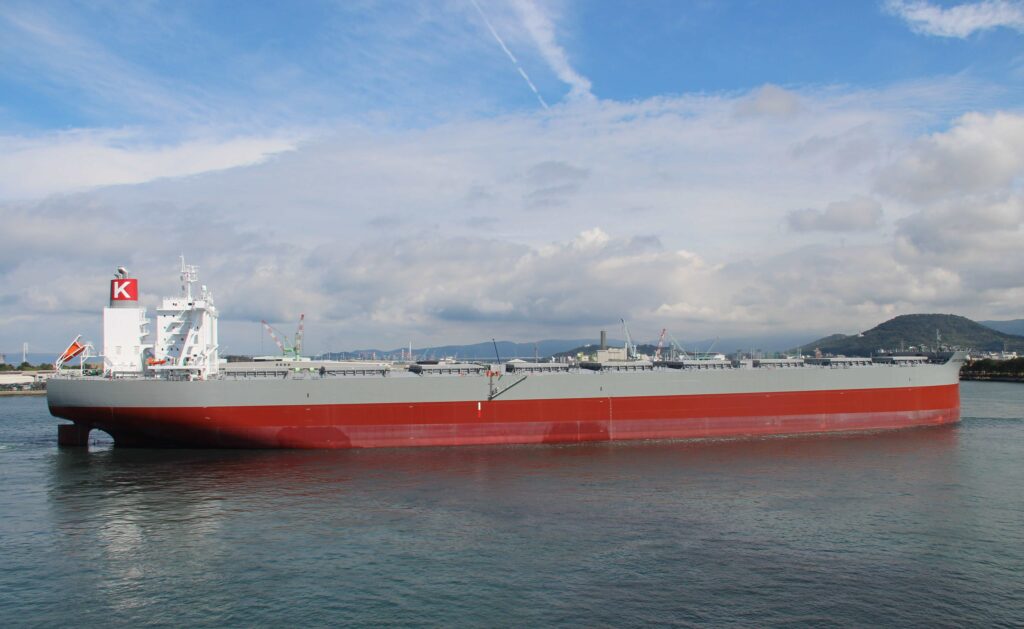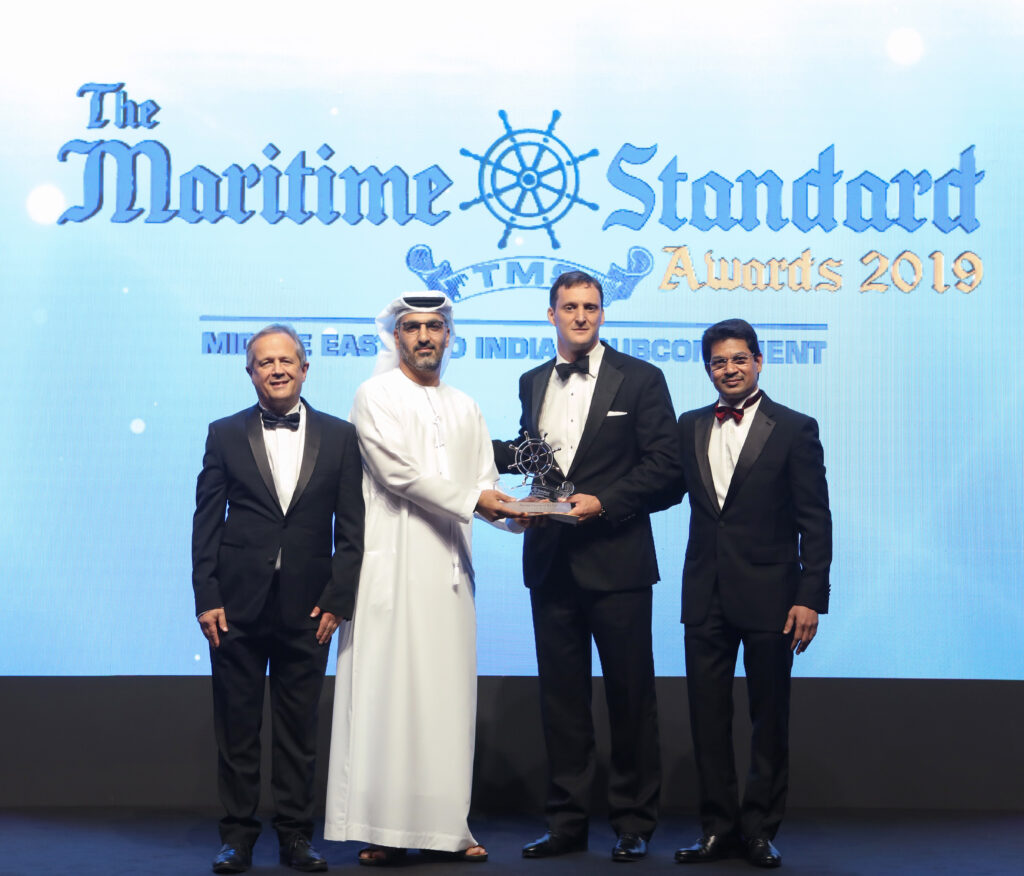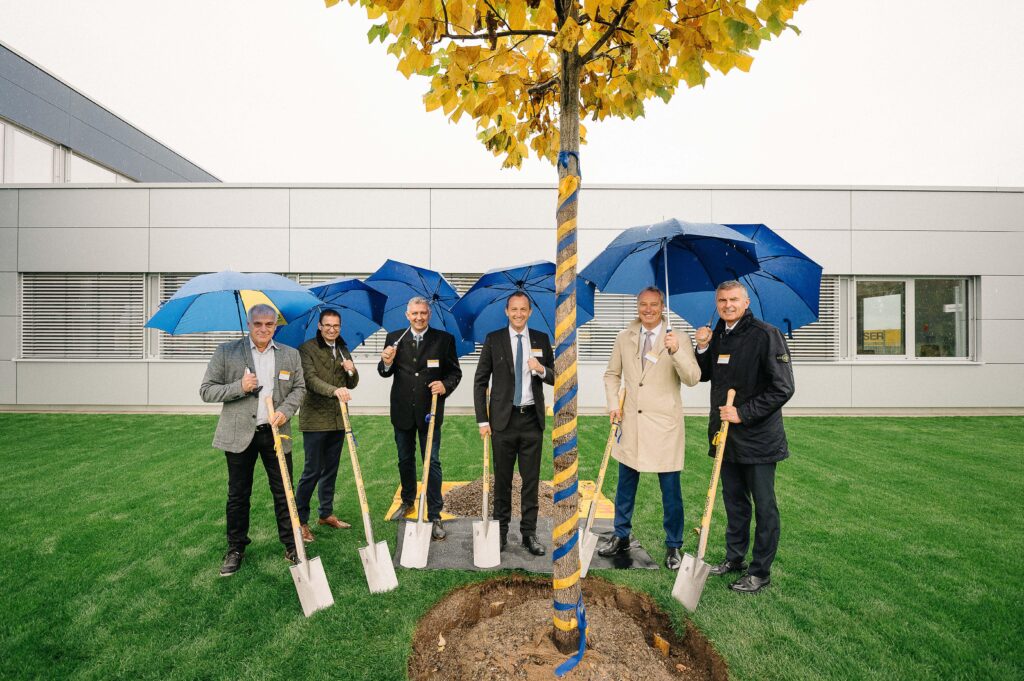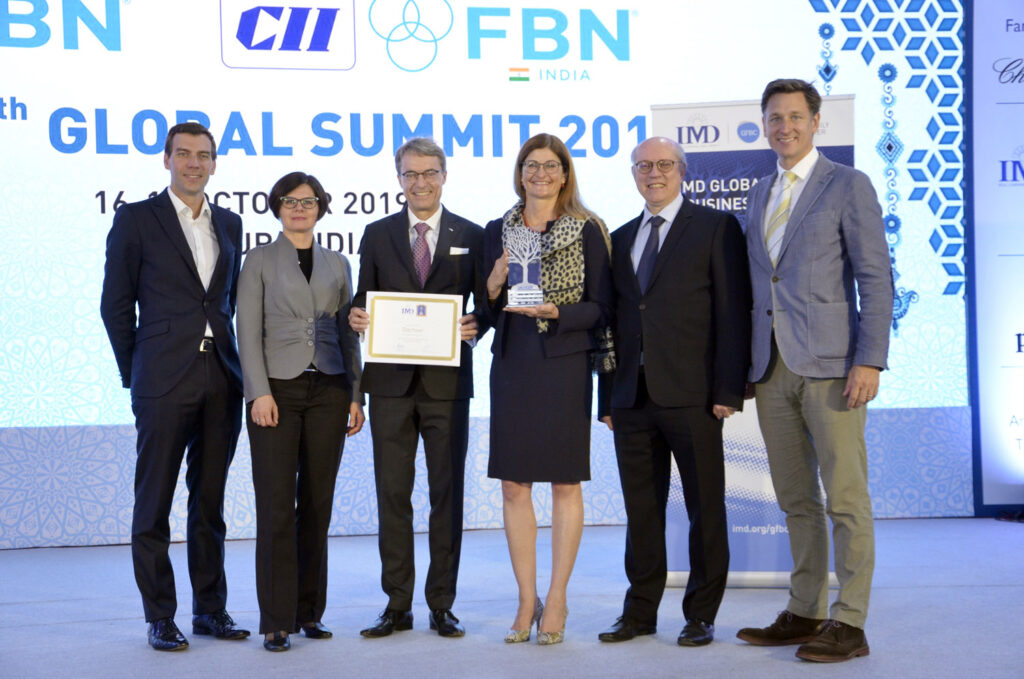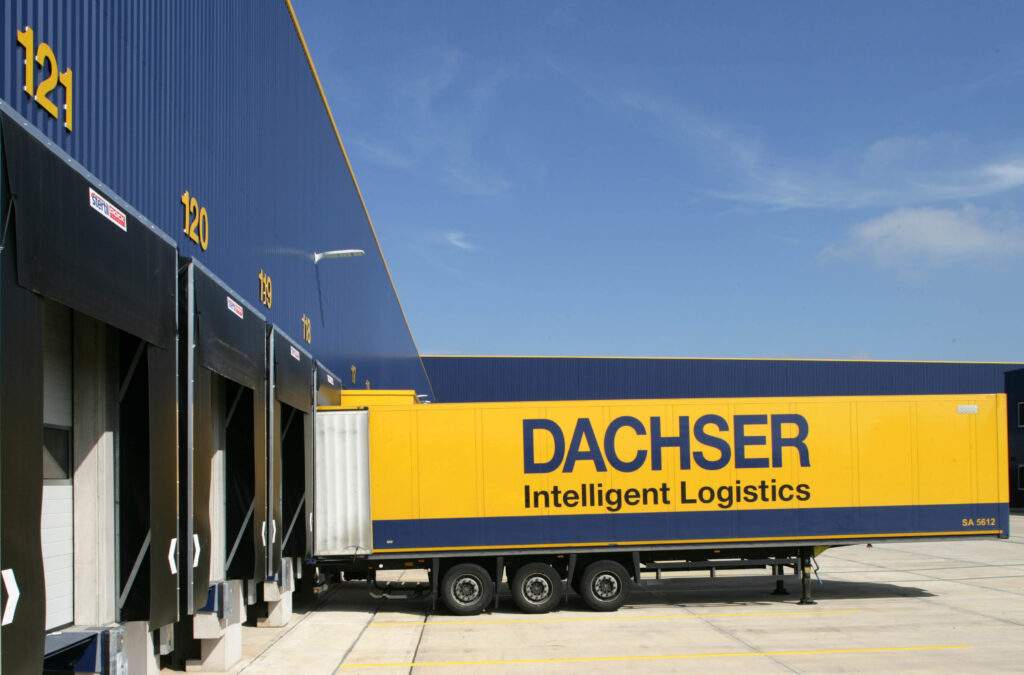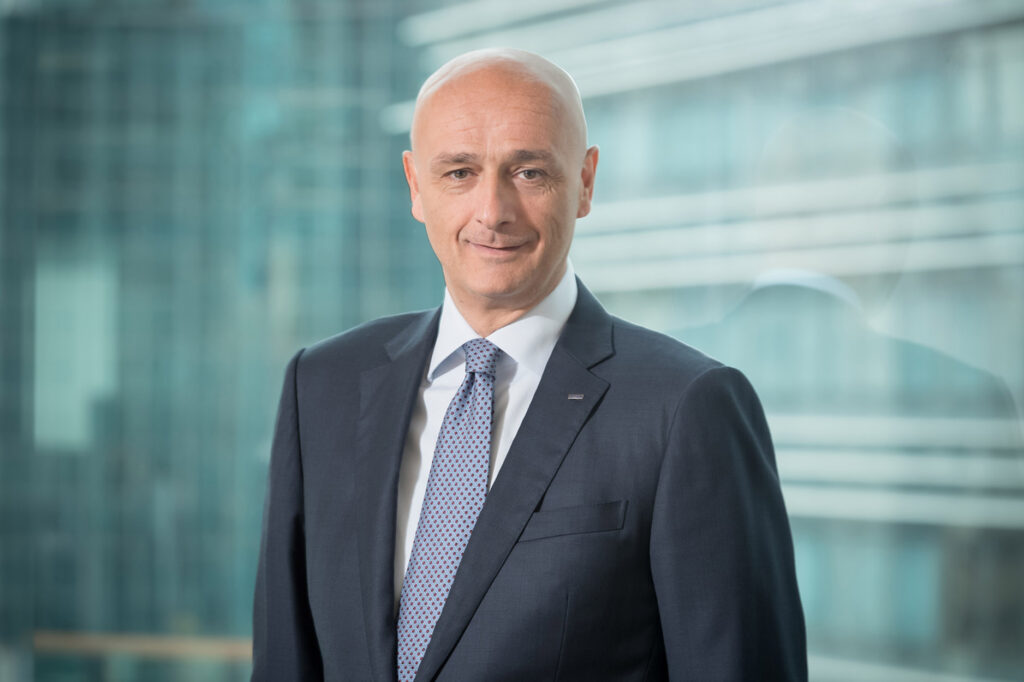Kawasaki Kisen Kaisha, Ltd. (hereinafter “K” LINE) is pleased to announce that an agreement is to be made with Nippon Paper Industries Co. Ltd., on consecutive voyage contract of new 3.6 million CFT woodchip carrier delivered in 2022. She will be in dedicated service to them for carrying woodchips for paper materials and some Biomass woodchips for Biomass power generation business which operation will be started at Tomakomai in 2023.
She is equipped with the latest economical and environmental-friendly features. She installs Hybrid fin behind the propeller to save energy and Ballast water treatment system to compliant with the ballast water discharging rules. Furthermore, for complying with the regulation of SOx global cap that will be enforced in all sea areas from January 2020, the vessel is equipped with a scrubber on the funnel to remove sulfur oxides from the gas discharged from the engine.
“K” LINE group recognizes that environment problems are common issue for all humanity and specified in “K” LINE Environmental Vision 2050 to take action independently for reducing environmental burden and contribute to the realization of a sustainable society. Use of Biomass woodchips leading to reduce CO2 is common to our efforts.
In order to achieve“K”LINE Value for our Next Century, we secure long term contracts and contribute to stable supply of Biomass woodchips for environmental load reduction.







